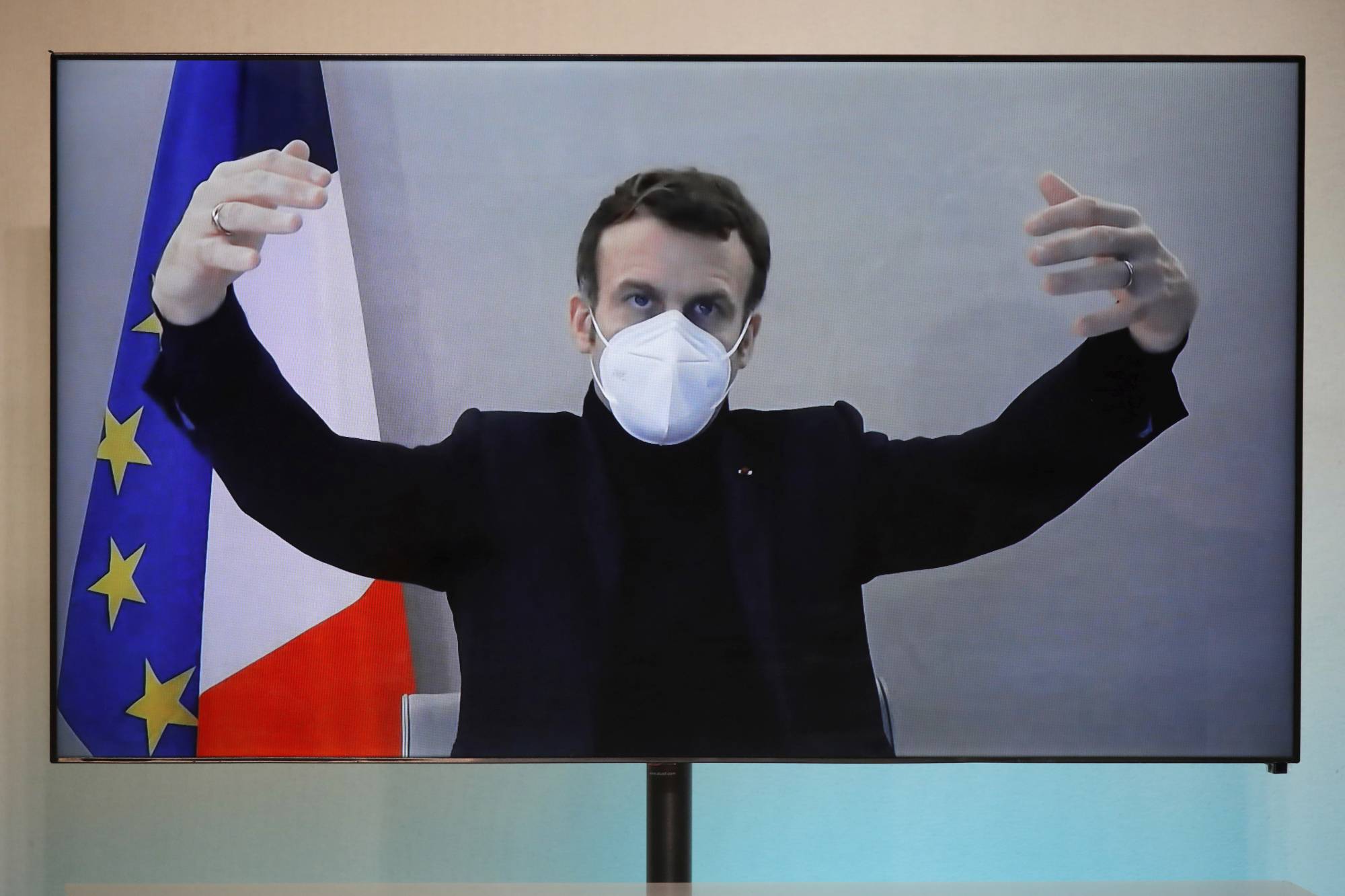When King Louis XVI, his two brothers and his sister-in-law were inoculated against smallpox in 18th-century France, the public worried about the risks. Though the experiment was a success, even sparking a new type of hairstyle, the doubts never went away. As vaccines took off during the 19th century, the age of Pasteur, so did resistance, apathy and distrust.
A similar challenge faces French President Emmanuel Macron, who’s holed up in the Elysee Palace after testing positive for COVID-19, triggering knock-on quarantines for several European leaders. He’s scrambling to prepare his country, exhausted by repeated lockdowns, for vaccines against SARS-CoV-2. Getting it right in France, where vaccine hesitancy is high and faith in institutions bruised, will be a critical test case for Europe.
Much has been made of the European Union’s sluggishness in giving the green light for the first vaccine, lagging the U.K. and the U.S. After some arm-twisting from Germany, where the coronavirus’s second wave is taking a harsh toll, the first shots of the Pfizer-BioNTech vaccine are now slated to be given on the continent before the year is out.



















With your current subscription plan you can comment on stories. However, before writing your first comment, please create a display name in the Profile section of your subscriber account page.